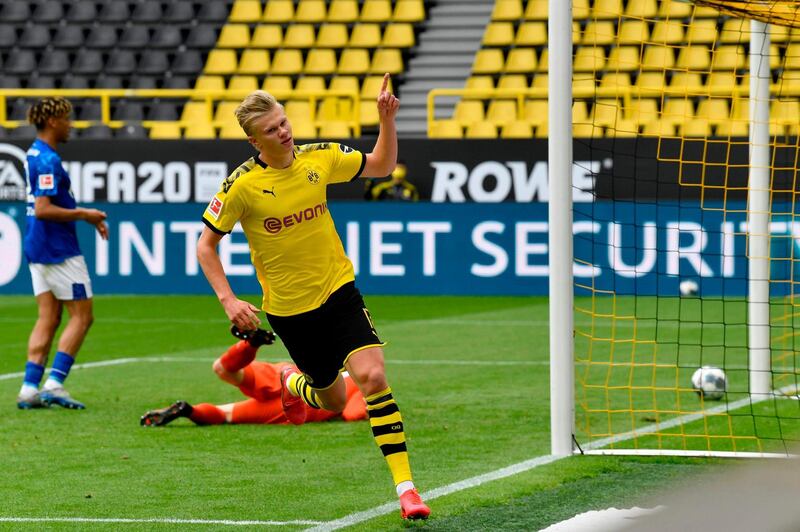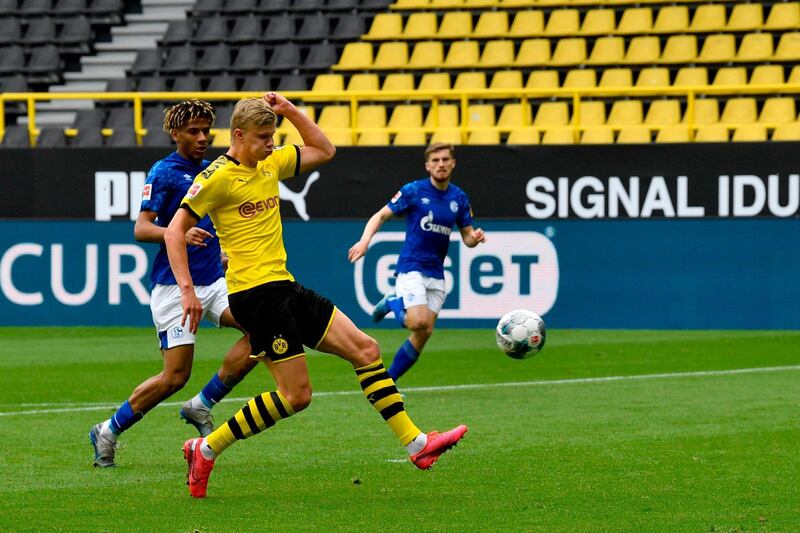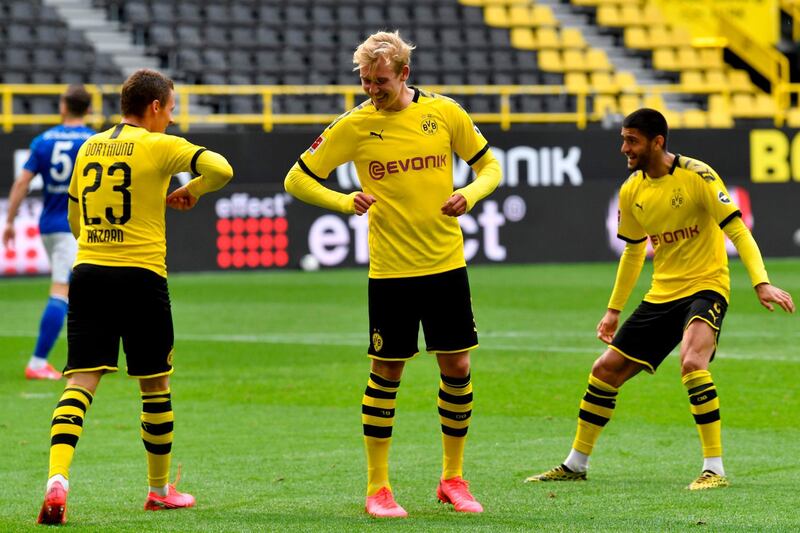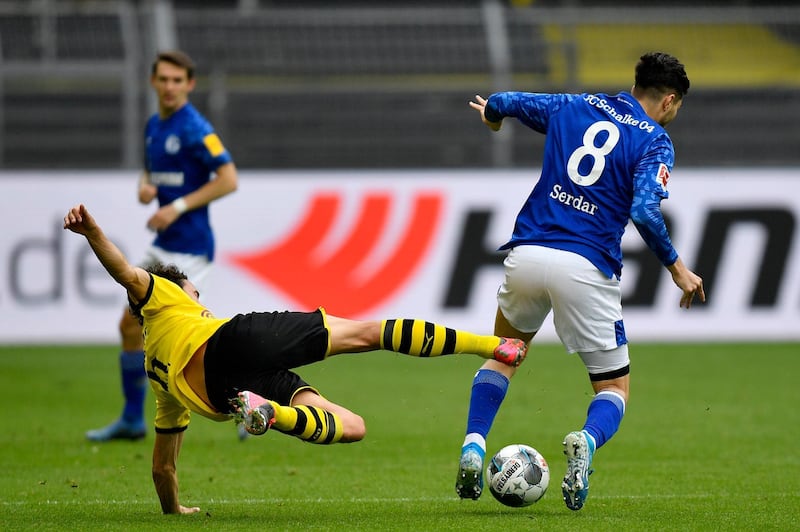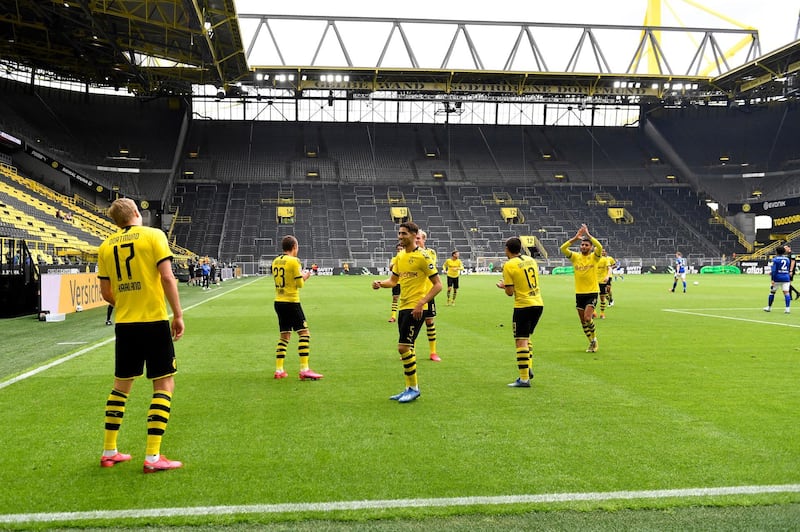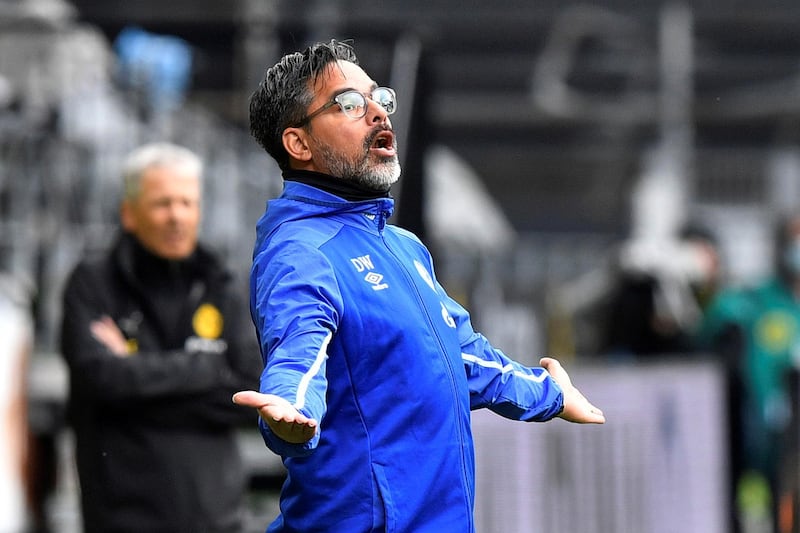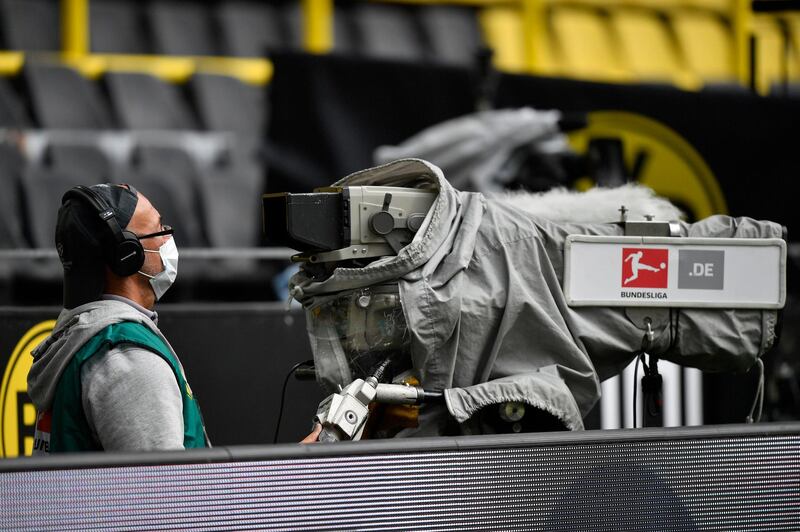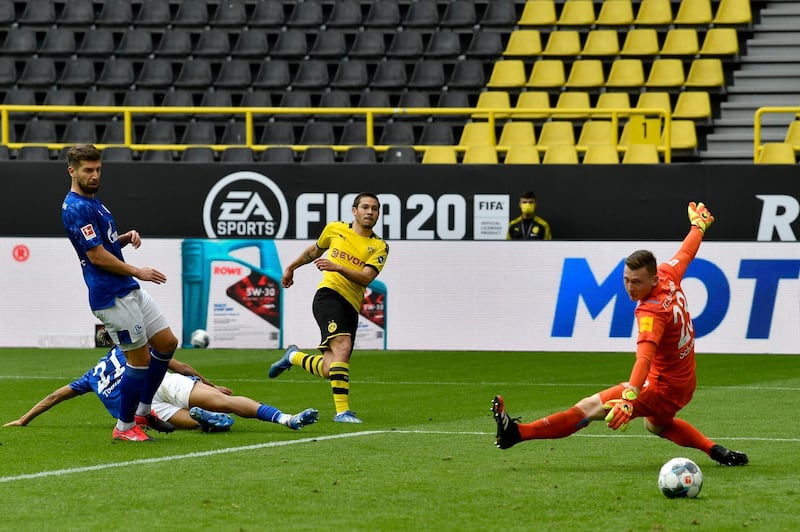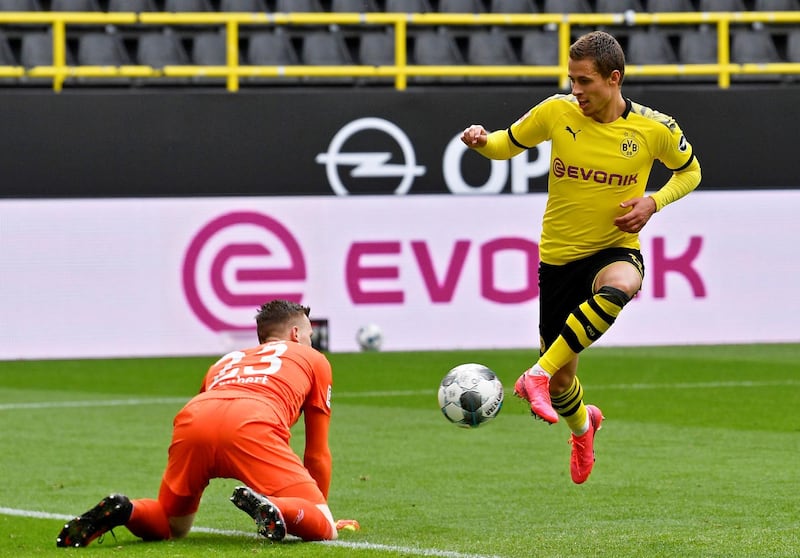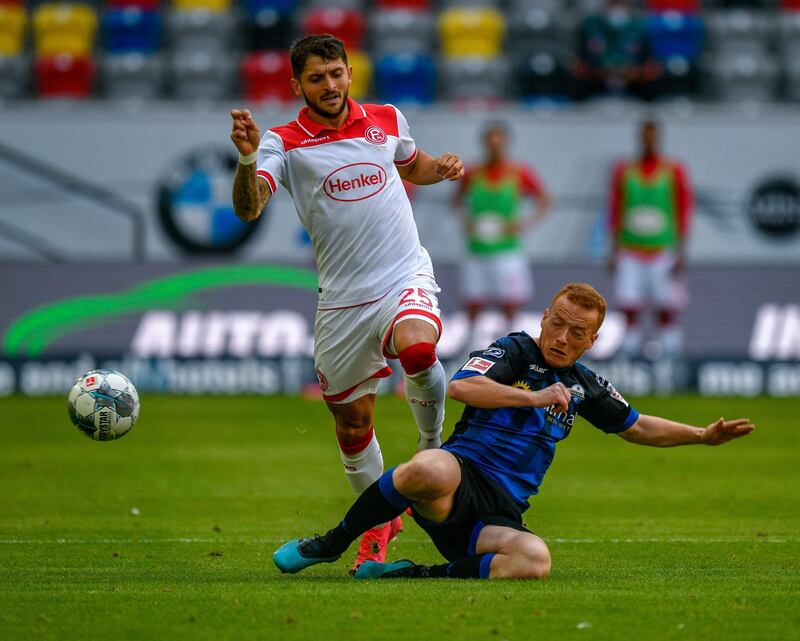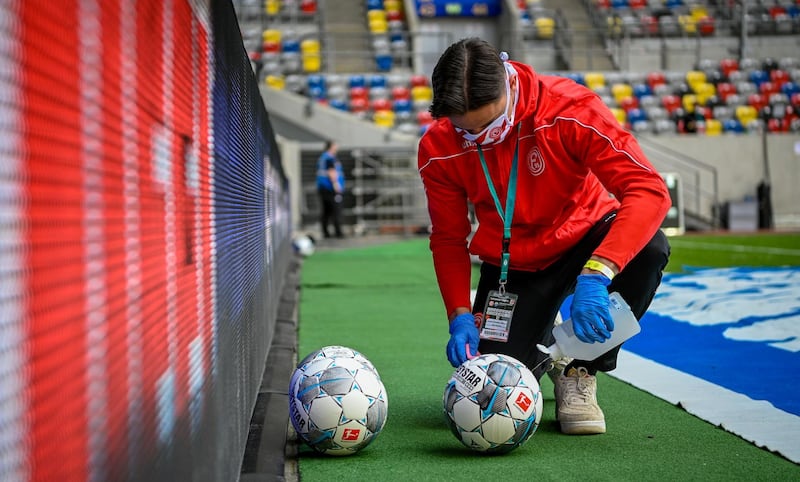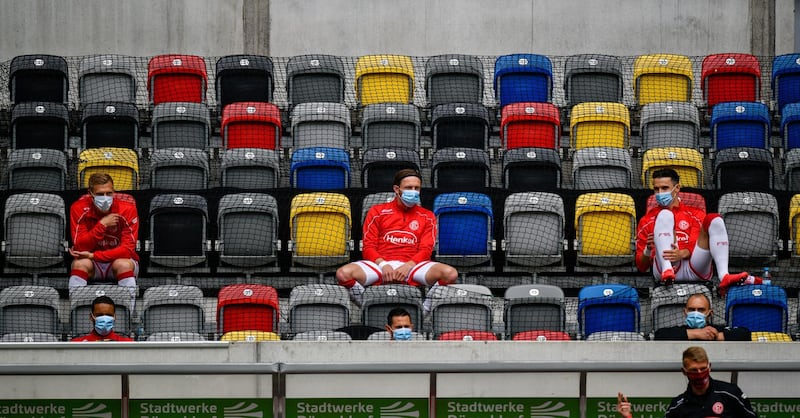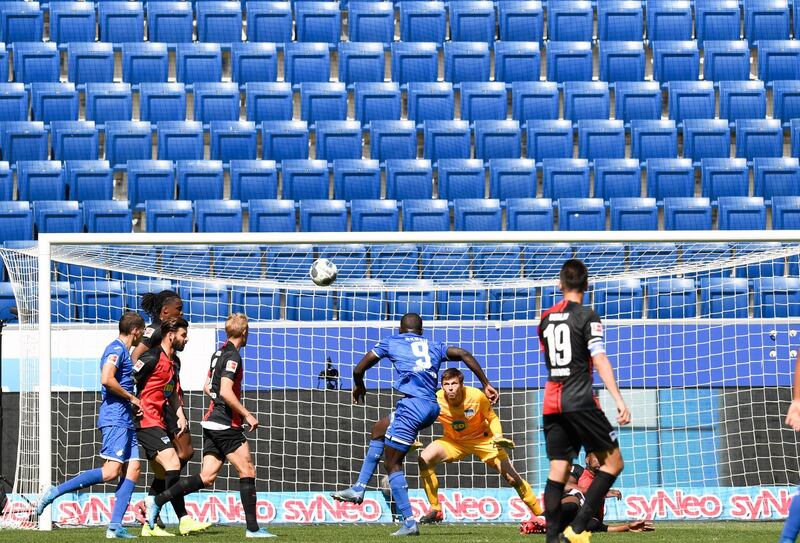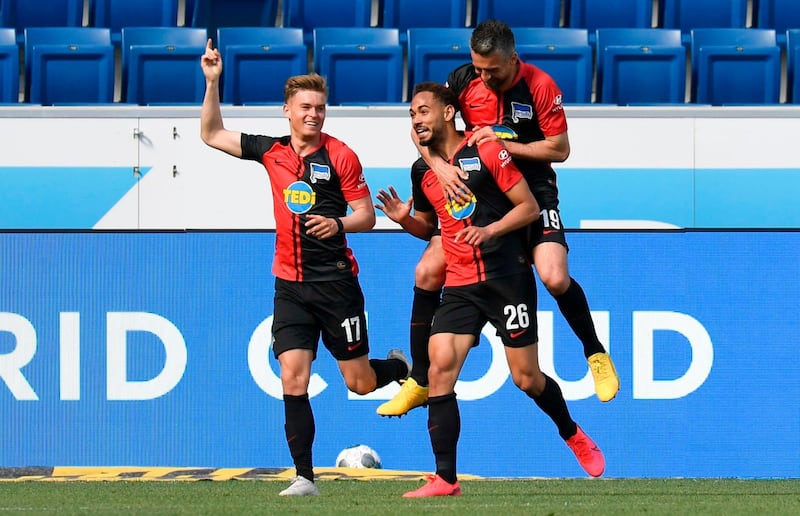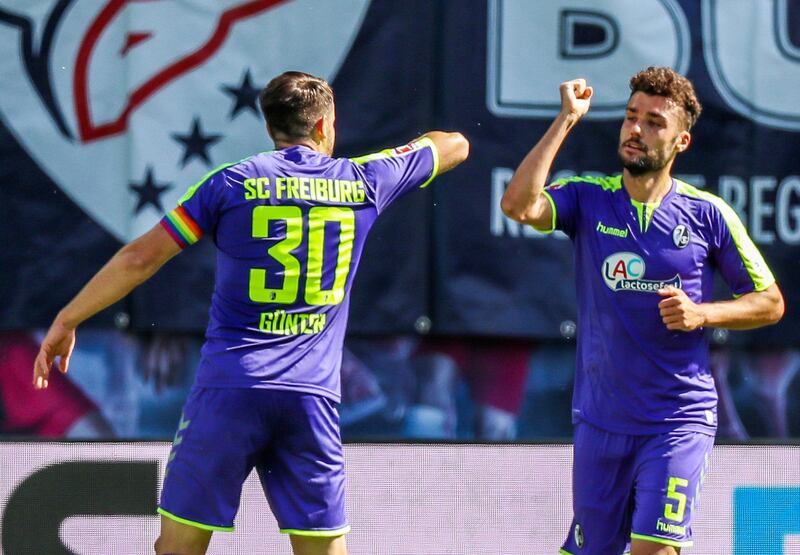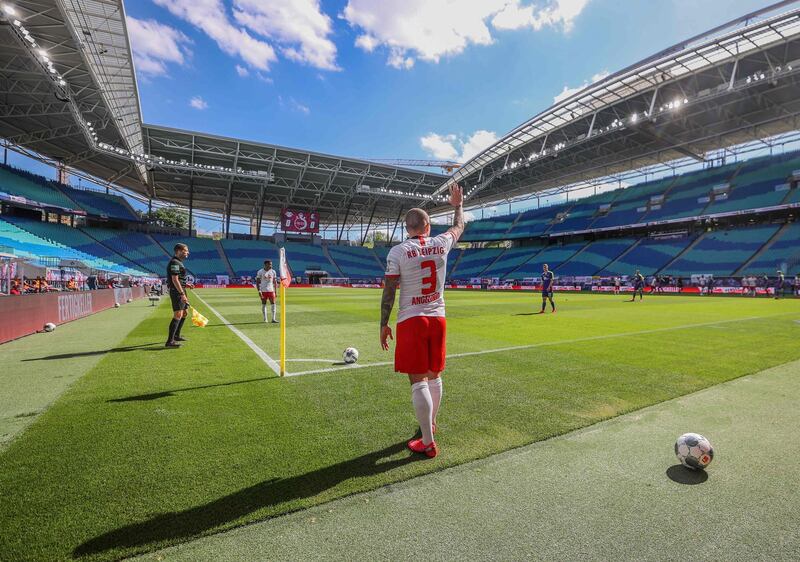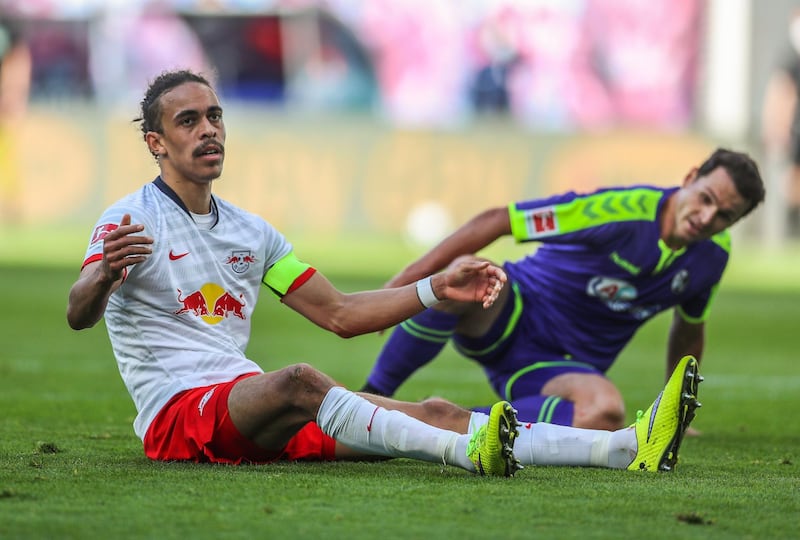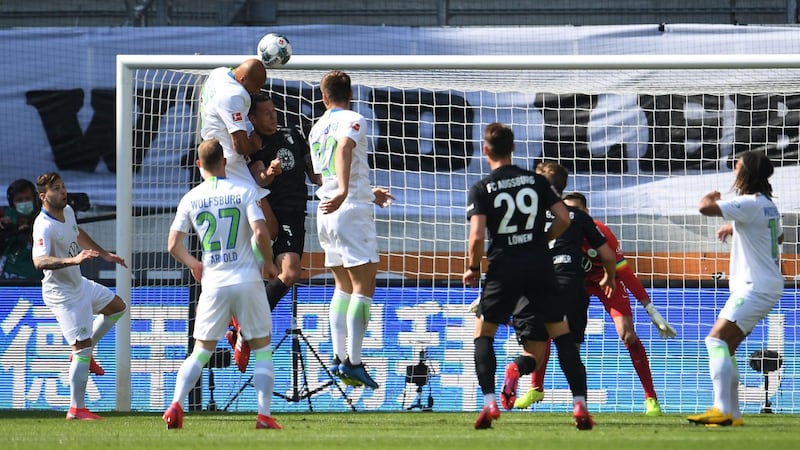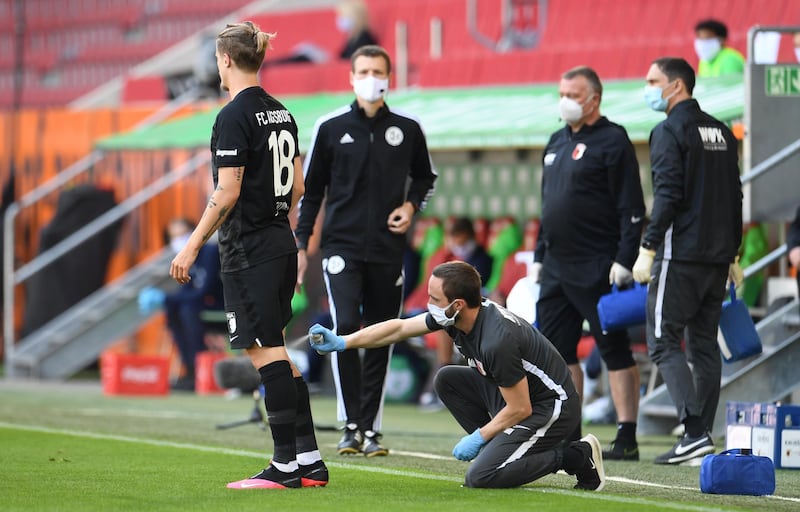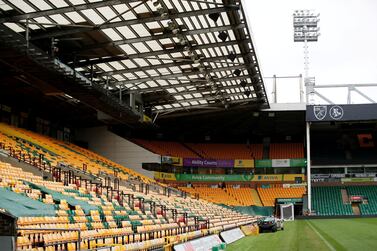At the end of last week, an important file was passed to the competitions commission of the Spanish Football Federation.
Its contents had nothing directly to do with the main matter currently occupying the governing body – how to manage their sport safely through the coronavirus crisis – but it concerned a fundamental issue that confronts every sport making plans to resume fixtures after the closedown: Integrity.
The contents of the file, now being studied by the Federation, include transcripts of a conversation between two former top-flight footballers that were obtained by Spanish police as part of Operation Oikos, an ongoing investigation into alleged match-fixing during the seasons 2016-17, 2017-18 and 2018-19.
The transcripts, parts of which were published in the newspaper El Pais, have a former player alleging that money from a third party had been paid to footballers from Villarreal to let Getafe beat them in the final game of last season. Both clubs deny any such payments were made.
At stake that day was a place in the Champions League. Getafe started matchday 38 in fifth place, on 58 points, the same as Valencia, who occupied fourth position – the last spot for Champions League entry – by dint of a better head-to-head record.
Getafe have never qualified for Uefa’s premier tournament. They could have made history.
In the event, Valencia beat Valladolid 2-0, and, at Getafe, Villarreal – who were safe in the lower mid-table – snatched a late equaliser to draw 2-2.
So on two counts, Getafe’s Champions League dream was put out of reach. But the allegation that an attempt to compromise the integrity of a high-stakes end-of-season fixture had been made raises some old ghosts.
In Spain, the practice of third-party incentives to players was once so much part of the culture, it had its own shorthand: the so-called ‘maletín’, or suitcase.
Once upon a time, the classic ‘maletín’ scenario did involve the delivery of cash in a suitcase, paid by club A as a reward to players of club B for achieving a positive result in their match against club C. This would occur when clubs A and C were in a dogfight to, say, avoid relegation, and mid-table club B had nothing significant to aim for.
Until the Spanish league took firm action to crack down on the practice six years ago, some otherwise respected figures in the game would still argue that, where these sort of third-party payments were being made to players to reward extra effort – rather than to ease up – it hardly counted as match-fixing.
But the maletín has, in the past, been used to encourage underperformance, too.

Last month, in a landmark case, two former Real Betis footballers, Antonio Amaya and Xabi Torres were convicted of conspiring to corrupt La Liga matches and sentenced to a year in prison.
The Provincial Court in Navarra found that Amaya and Torres had agreed to receive from officials of relegation-threatened Osasuna up to €650,000 (Dh2.6m) if Betis beat Valladolid, who were also in the relegation fight, on the penultimate matchday of the 2013-14 season and if Betis lost to Osasuna on the last matchday.
Five former directors of Osasuna – who ended up relegated, despite beating Betis 2-1 – were also jailed.
La Liga president, Javier Tebas welcomed the judgement as “a step forward in the fight against corruption.”
As Tebas strives to have La Liga’s top divisions ready to resume the 2019-20 season, ideally in just over three weeks time, he knows that part of the challenge is vigilance. If and when the key matches deciding relegation or European qualification take place.
He knows football almost everywhere will over the coming months be missing its most effective watchdogs – the fans.
It is a given that spectators will not be permitted into stadiums, as a condition of the sport returning to the calendar without posing a threat to public health.
All sport behind-closed-doors is a weakened version of itself, and empty arenas present special issues around the essential idea of sporting integrity.
Some are obvious. Home advantage is evidently eroded without fans on site (the top-flight of the Bundesliga’s return to action last weekend featured just one home victory and four away wins from its nine fixtures).
Beyond that, it is fans who, up close and audible, remind professionals who they owe their loyalty to.
While television can of course reveal signs of a players’ waning effort, or their indifference to a match’s outcome, what it cannot do is transmit shouts of encouragement or disapproval from the grandstand. And those are the sounds that keep the performers true to their public.
